Songwriters are, by their very nature, a reflective bunch. Especially those who fall into the singer-songwriter table, where Ricky Ross can quite comfortably take his seat.
Digging deep into personal experiences and crafting them into something that can be universally understood, is a skill that improves with age.
Ricky won’t mind you knowing that he’ll be 65 in December – as usual our face-to-face chat shows that the fountain of youth is definitely situated in his back garden.
A story of a life
However, now that all his children are up and off making their way in the world, this might seem like an appropriate stage in his life to reflect in a way that lasts more than both sides of an album.
This being Ricky, however, this month doesn’t only see the publication of his first autobiography, Walking Back Home: Deacon Blue and Me.
Alongside it is his eighth solo album Short Stories Vol. 2, which will be followed in the autumn by a UK tour.
Earlier in the year Deacon Blue played stadium shows including Edinburgh Castle and there are still European dates in late August.
But looking ahead is something he has always done and it makes sense to talk about the book and the album and the solo tour in one chat.
All connected
“They’re all connected anyway,” says Ricky. “Having an almost simultaneous release of the book and the album felt like a simpler way to do it. When you are at the Short Stories project (Vol 1 was released five years ago) it’s always more personal in nature anyway.”
Anyone who has seen Ricky’s previous solo shows will recall the storytelling element of the evening. It’s a much more intimate show and allows fans to get to know him a little better.
Long-time collaborators
The album was recorded at home, before having strings and brass added. There are contributions from Deacon Blue’s Lorraine McIntosh, who for the uninitiated is also Ricky’s wife, and Gregor Philp, the Dundee musician who has been an integral part of the band since joining in 2008.
“These solo evenings are always more stories-driven, and I’ve always enjoyed the introductions to the songs.
“But for this tour I might also read some sections of the book. That feels like a natural thing to do.
“Of course, these shows don’t have the fireworks of a Deacon Blue gig, but it’s a different experience.
A quieter, quality experience
“Through doing the radio show (Another Country with Ricky Ross) and talking to a lot of Americana artists, I’ve realised that that the idea of a quieter room, where people really listen to the songs, can offer a higher experience in many ways.
“You get those pin drop silence that leads to some amazing moments.”
Apart from the songs written for the solo projects, Ricky also takes Deacon Blue songs and strips them back for the quieter show.
In past shows Wages Day has always been a favourite and on this album Your Swaying Arms has been recorded in this simpler, more intimate way.
“With a song like Your Swaying Arms, to hear it in that completely different way, it offers a little more insight. There is so much arrangement on the original and when that’s stripped away, it’s just the story.”
Room to be flexible
Ricky adds that having a smaller show with a smaller crew means he can be more flexible, sometimes changing it from day to day.
“I think I do put myself under unnecessary pressure at time though,” he laughs. “With such a large back catalogue of songs, even just taking the solo material into account, I have a lot to choose from.
“And it’s not like a Deacon Blue gig where we would be, quite rightly, hounded from the building if we didn’t play certain hits.”
In many ways it’s more like curation of a catalogue rather than choosing a setlist for the journey that any good gig takes an audience on.
Fiction next? Not likely
Many of the stories told in Ricky’s writing aren’t autobiographical, but even after writing Walking Back Home and putting those personal stories into the world, he can’t envisage a move into writing fiction now.
“I don’t think that will ever happen, particularly because I’m not a great reader of fiction.
“I do read some novels but it’s not my real go-to when I choose to pick something up. And I also think to be a great fiction writer you need to be a great fiction reader.”
When it comes to the book, Ricky has given the autobiography form a great deal of consideration about what works best for him.
“It’s genuinely something that hadn’t crossed my mind, in fact it’s something I was resistant to initially, and there had been people who had expressed an interest in writing my biography.
“There were some discussions about it a few years ago and I thought I would start writing a few chapters. It was only then I got an agent who put me together with the right publisher.”
Lyrics and images
Reading the lyrics to many of Ricky’s songs does conjure up pictures and images though and like all good songwriters the line between fact and fiction is often blurred.
“In fact, if you listen to a song called On Love from the last Deacon Blue album called City of Love, it’s mainly spoken word and prose – you can maybe hear the start of the writing there. And I mention my grandparents in there too.”
The book is also available on audiobook with Ricky telling his own story.
He started writing in 2019 and then the next year, well we all know what happened there, so his lockdown found him lost in memories and stories for the book.
“I just reckoned that if I wasn’t going to do it then, when was I going to do it? I would get in touch with people during the writing occasionally as there were some things I couldn’t quite remember. So it really did help, having the time.”
A completely different project
Walking Back Home is a complete contrast to last year’s release, To Be Here Someday, the retrospective look authored and edited by Paul English, which looks at Deacon Blue’s 35-year history through the stories of the band and the fans.
“This book has a completely different approach. As I said, I didn’t really ever think I would do this, but I was comfortable in that writing was something I already did, with so many years of the blog (Ricky’s Radio Blog) behind me.”
What Ricky didn’t want Walking Back Home to be was a “music” book as such. Which mixing desks were used on Raintown etc…
The important things
If he were to do it, it would need to be about what shaped him and what he valued as important in his life.
“There’s really nothing too interesting in writing about recording sessions in themselves. I’ve also read too many autobiographies which are a litany of ‘then we were in LA, and then when met so-and-so…’ and then there might be sexual exploits. It’s dull.
“When it comes down to it too it doesn’t matter who you are, everyone’s genuine experiences are interesting in the way that all accents are. It’s just how those experiences are interpreted.”
Origins in Dundee
Walking Back Home does just that and has its origins in Dundee. For Ricky these are, in many ways, the most interesting years in that there are people who readers who won’t have heard of but had an important role in shaping him.
Autobiography doesn’t need to be about opening yourself up and laying yourself bare, but with Ricky it’s a case of really considering who has been important and what has been important. It’s scenes from a life rather than a continuous narrative.
There are moments when the personal and professional come together of course, particularly with his wife Lorraine who has been with Deacon Blue since the recording of Raintown.
“The things that had a really huge impact on me obviously go back to childhood, but the people I met through the youth work I did in Dundee. Also when I moved to Glasgow and my first years working there.
Formative times
“So a lot of these things that were just formative experiences. I mean, there wasn’t a massive difference between Dundee and Glasgow at that time It’s probably more different now but it really didn’t feel like it then. It did feel like a different experience.
“These are the formative times. The things that shape an approach to life. Experiences at college then working in a more regular job for the first time. And I was I suppose just meeting a different set of people.”
Bringing people together
The youth project in Dundee was one that had been brought together and formed by Ricky and in some ways there’s a parallel between that and the ability to bring together his first band in the early days.
In the publicity for the book, Ricky’s words give a real indication of the tone and nature of the book:
‘For all these years I’ve told stories. Sometimes these days I also tell them on the radio. I’ve met some amazing people and their stories need told too.
“The first time Deacon Blue ever played Wembley Arena I started to introduce a song only to hear, “Get on with it” shouted from Row Z. We proceeded with the song, but I often thought I’d quite like to finish that story.’
A pragmatic view
Although most of his life has been spent in Glasgow, Ricky has always credited his Dundonian roots as shaping him. The pragmatism of his city sometimes shines through in his comments, such as the realisation that most people will be attracted to the book or the album, but perhaps not both.
“I’m absolutely fine with that. The two sit together really well for anyone who wants to experience both, but equally they stand alone.
“As I said before, everyone has interesting stories, everyone’s life is worth telling. I’m happy with the approach I’ve taken to mine.”
- Short Stories Vol. 2 on Cooking Vinyl is available now on CD and digitally and will be available on vinyl from November 4.
- Walking Back Home – Deacon Blue and Me is out now, published by Headline Books.
- Ricky has an event at the Edinburgh International Book Festival on Thursday, August 18 at the Central Hall.
- The Short Stories Vol. 2 tour comes to Perth Theatre on September 2.
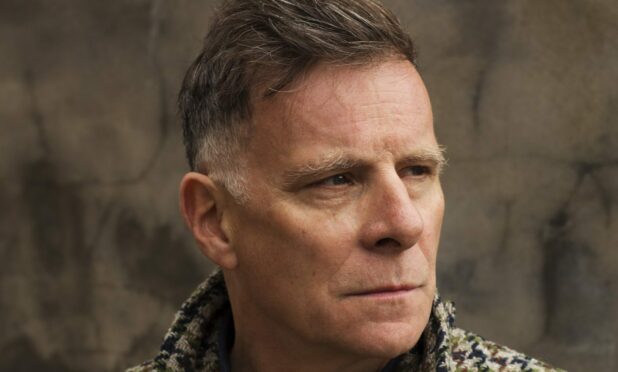
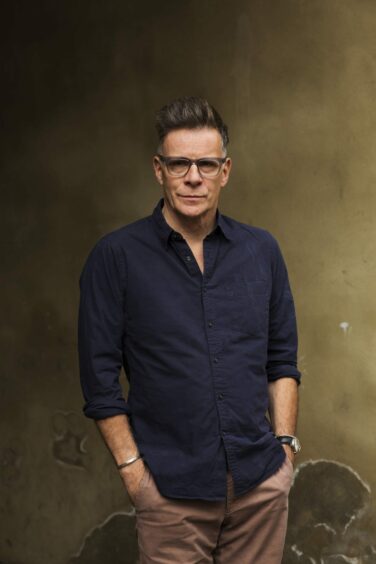
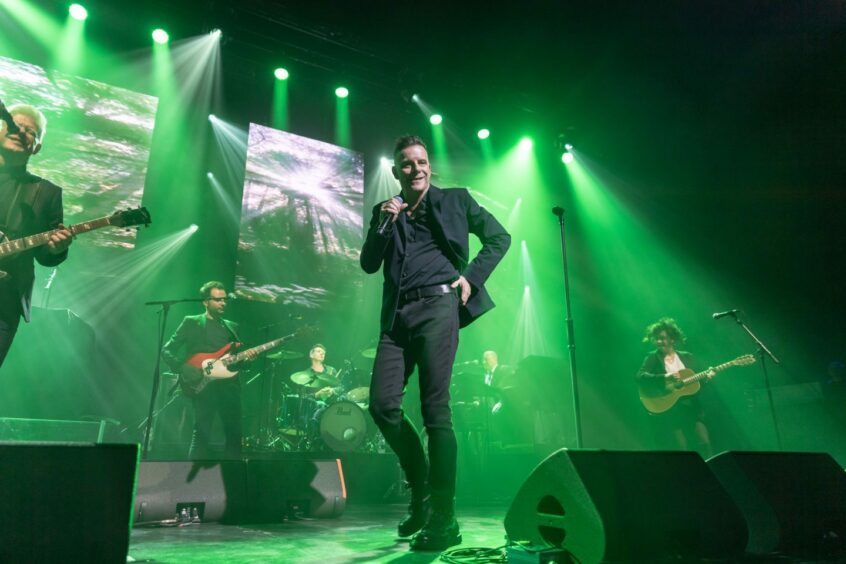
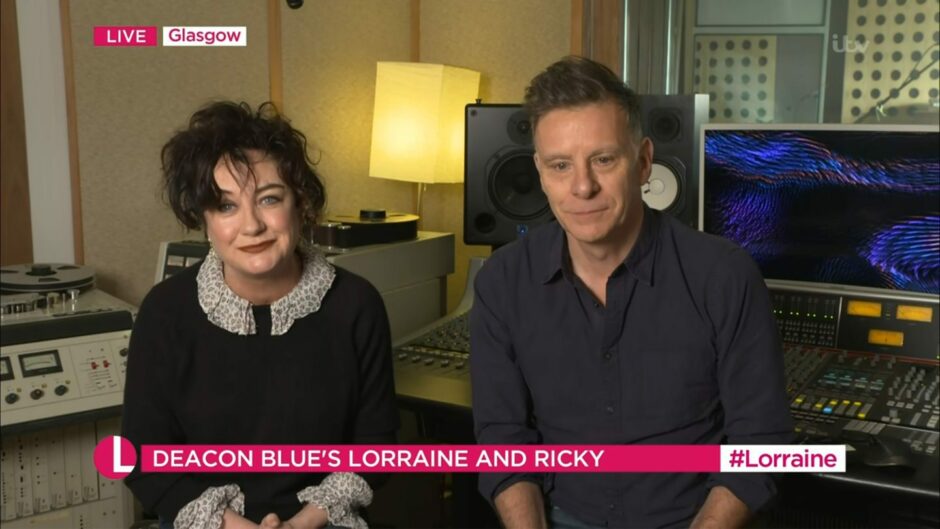
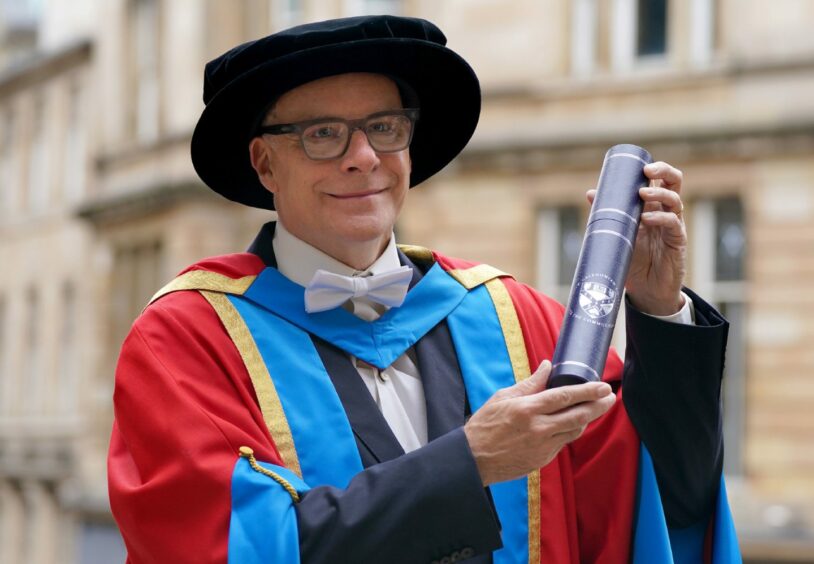
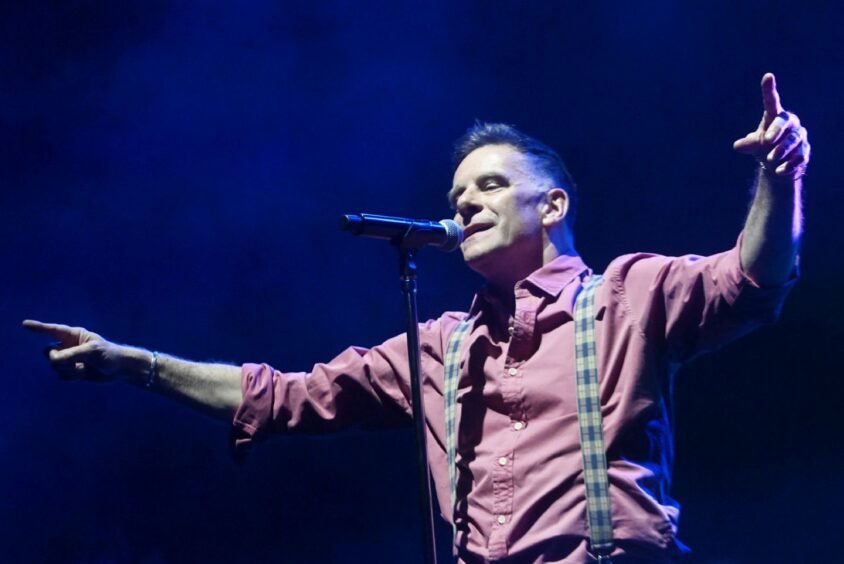
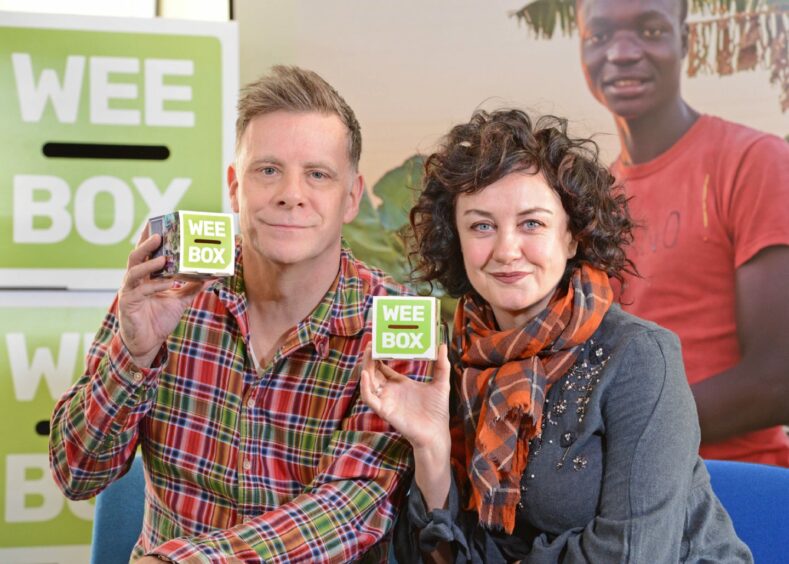
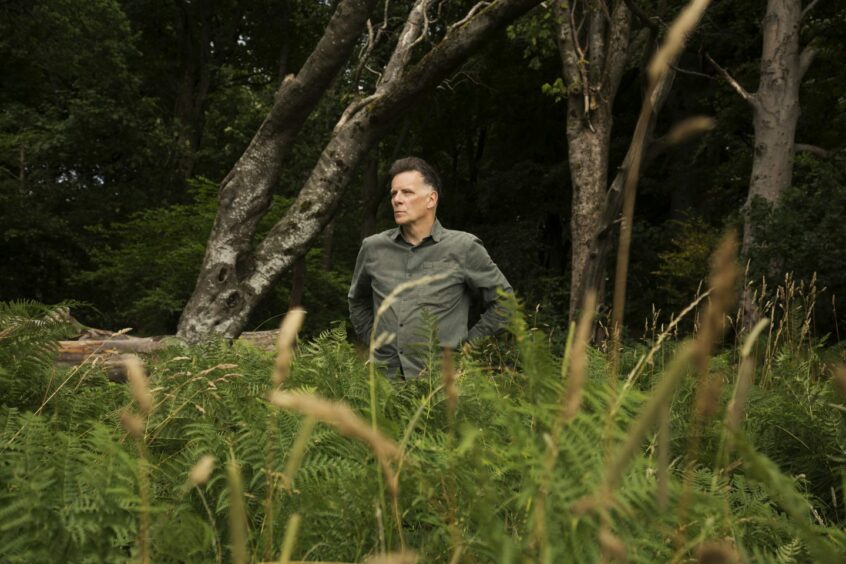
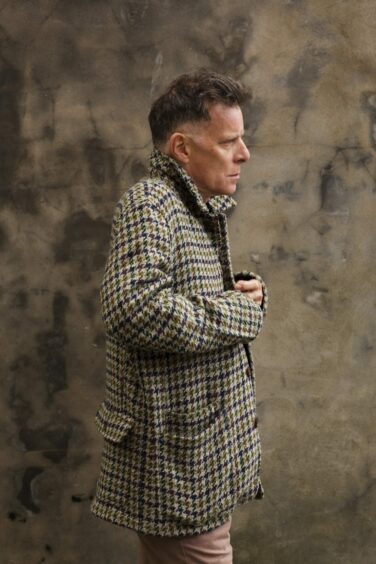
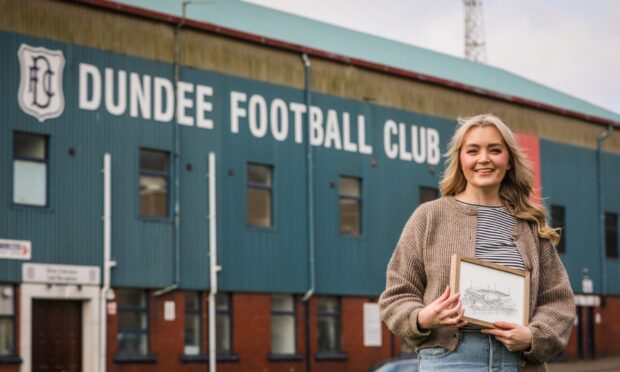
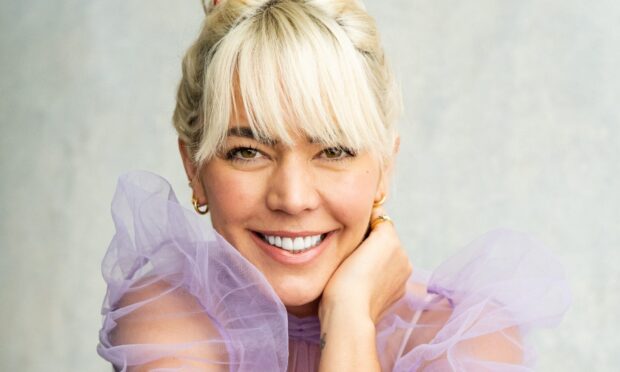
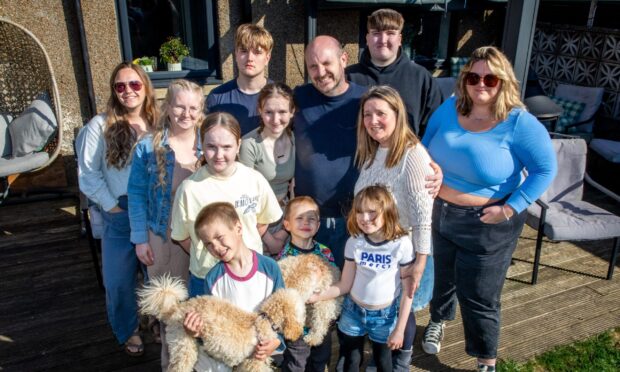
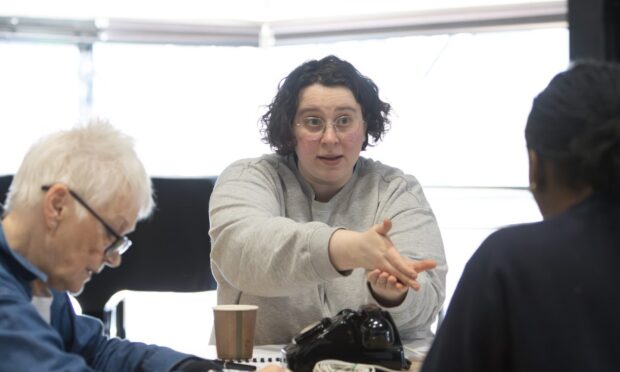
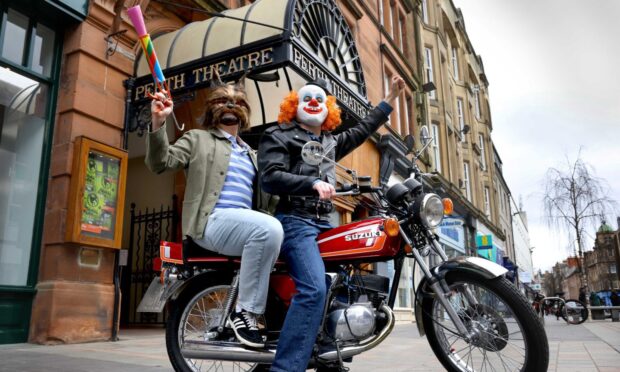

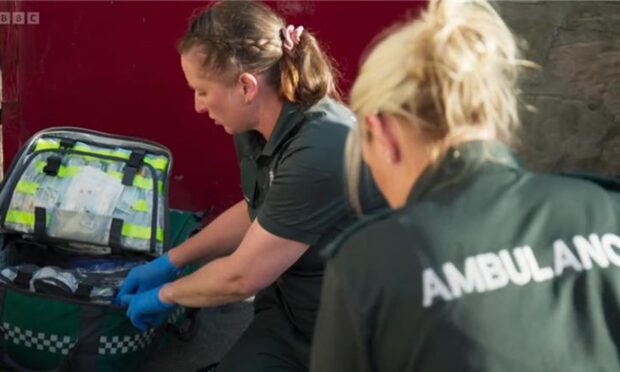
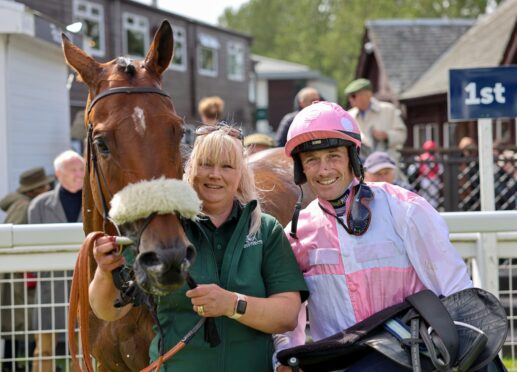
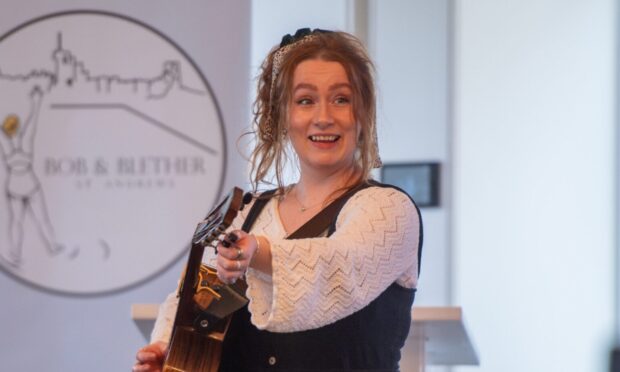
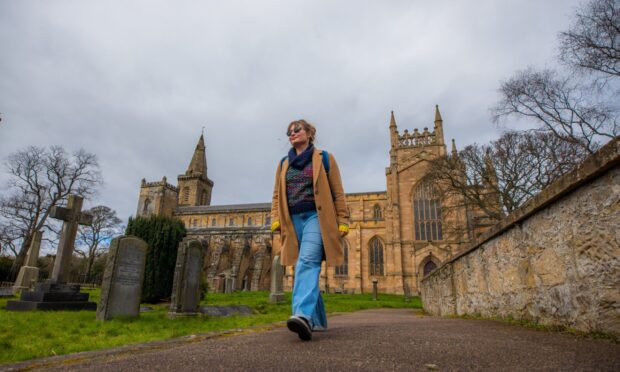
Conversation